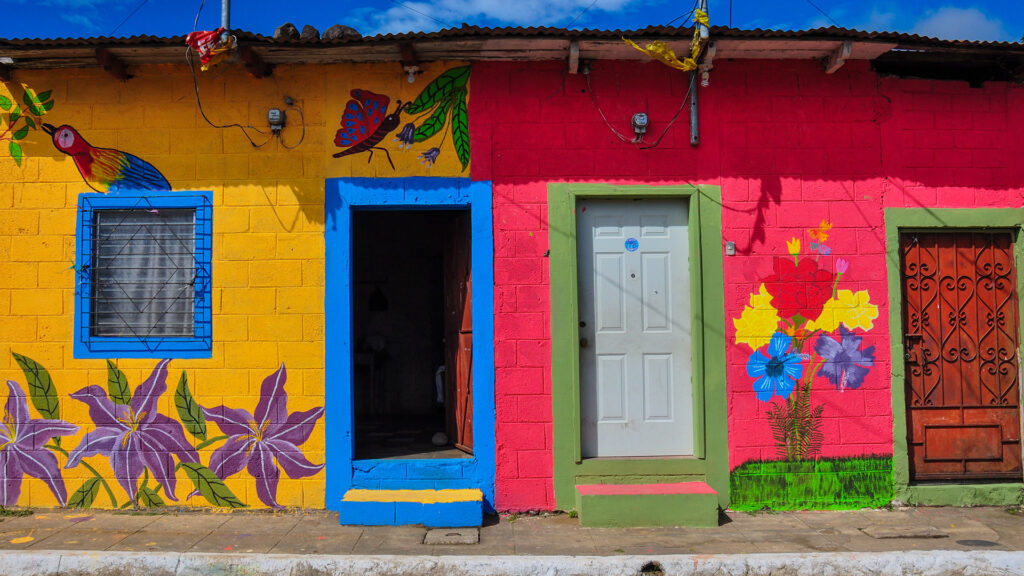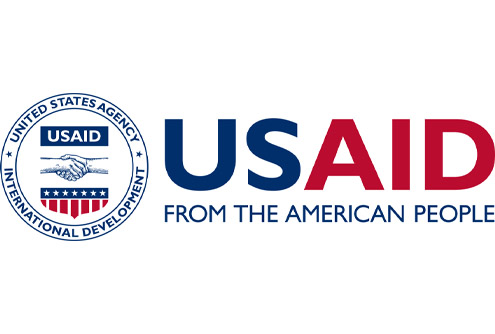Priority activities
Funsalprodese ensured the communities had access to early warning systems and evacuation preparedness infrastructure. To address flood risk in three communities, they supported the installation of lighting and signage along the evacuation route, as well as loudspeakers for early warning. More than 70 solar lamps were distributed among the three communities, improving the community’s safety as well as preparedness for evacuation. The two communication systems installed comprised nine-metre sound towers with two loudspeakers, two microphones and amplifier equipment. The communities also received training to maintain the equipment, in addition to training on first aid, water and sanitation, shelter management and displacement risk.
Community gardens were established. Communities were supported by Funsalprodese to create an agricultural committee and establish rainwater harvesting and drip irrigation to improve soil fertility and moisture retention. The community gardens were able to address multiple objectives including access to food and livelihoods, and enhancing community cohesion.

